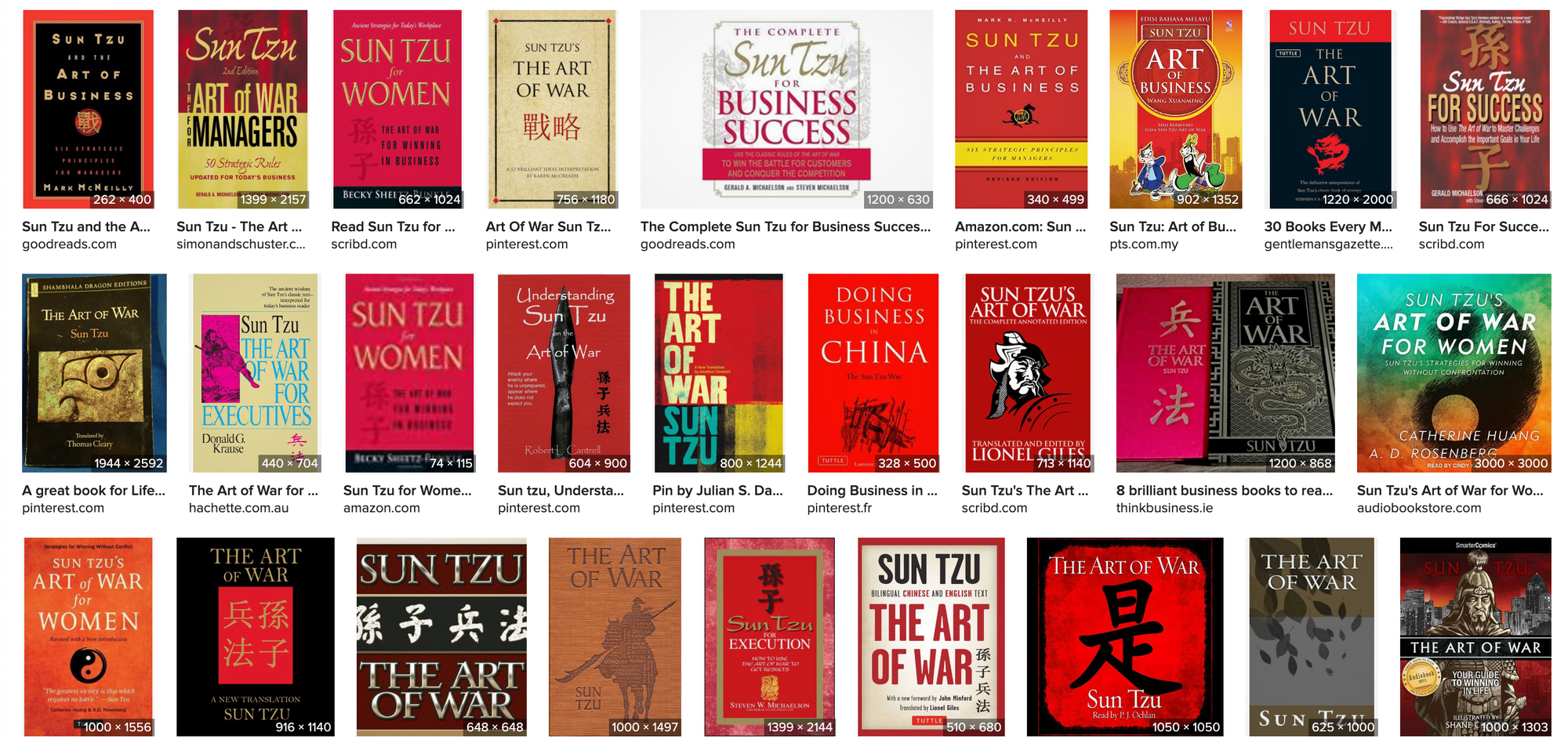💪 Anyone can strategize: Sun Szu for 4X wargame Space Empires 4X
Now the general who wins a battle makes many calculations in his temple ere the battle is fought. The general who loses a battle makes but few calculations beforehand.
When listening to business folk delivering business presentations, have you heard them pull Sun Szu quotes out of thin air? I have. Thankfully, none of these talks were at events for which I paid good money to attend.

People seem to love Sun Szu 🤷🏽♀️ For management, sales, marketing, entrepreneurship. But Sun Szu's concepts originally applied to war.
Some time ago, I was invited to play a game called Space Empires 4X. The situation seemed the perfect reason for me to finally read this book, one from which most business speakers likely google their quotes.
Space Empires 4X
Space Empires 4X is a board wargame. I won't get into details. You have Wikipedia. I'll link you.
The Art of War
The Art of War is a military treatise, originally taken down too long ago for specific dates. To this day continues to be a quick and dirty introduction to strategic thinking. These are my observations:
Chapters begin with "Sun Szu said...", and give me the impression that, either:
A. Generals of the 2500 years ago often spoke in the 3rd person, much like Simon telling you to hop on one foot, or
B. This text was taken down by that century's equivalent of an assistant. Indeed, Szu needs to look dashing and troop-inspiring in his general's uniform-an effect mildly ruined, were his hands to also be smeared with ink.
The Art of War applied to Space Empires 4X
Now the general who wins a battle makes many calculations in his temple ere the battle is fought. The general who loses a battle makes but few calculations beforehand. Thus do many calculations lead to victory, and few calculations to defeat: how much more no calculation at all! It is by attention to this point that I can foresee who is likely to win or lose. (I: 26)
TL;DR
- Gather all available information
- Prioritize defense
- Be mindful of distances
Gather all available information
If you know the enemy and know yourself, you need not fear the result of a hundred battles. If you know yourself but not the enemy, for every victory gained you will also suffer a defeat. If you know neither the enemy nor yourself, you will succumb in every battle. (III: 18)
How to "know" yourself
- Budget (as a verb): know how much income you are receiving and will receive. Plan how you intend to spend it. Factor in costs not yet incurred, such as the losses of battle.
- Be aware of your preferred actions: are they appropriate actions, knowing what you know about the enemy?
How to "know" thine enemy
Certain facts about the enemy can be visible:
- Offensive group: movements always visible. Ship specs only revealed after a battle, and until parking over friendly colony.
- Non-offensive ships: movements and ship specs always visible.
- Income per round: know the income your enemy has received in the past, know what income your enemy is receiving now, and you will always know the resources your enemy can draw on.
Infer unavailable information
Hidden information about the enemy can be inferred from known facts already collected:
- Battle tech: you can infer your enemy's possible battle tech based on the resources you know your enemy has received and is thus able to spend to purchase.
- Non-battle tech: movement tech can be inferred from movements of groups, but not with certainty as the enemy can choose to move slower. Other tech can be similarly inferred from behaviour.
- Group composition: roughly inferrable using historical group movement.
- Intent: can be inferred by observing enemy activity over time.
Prioritize defense
Especially in early game. Do not focus on defense to the exclusion of offense, but be confident that you can absorb any attacks at the current moment in time. You can infer what the enemy is able to throw at you by gathering all available information.
The good fighters of old first put themselves beyond the possibility of defeat, and then waited for an opportunity of defeating the enemy. (IV: 1)
Be like a Munchy Koala. Eucalyptus is low in nutrients, and koalas spend much time feeding. Similarly, resources in wargames must be gathered. Steadily munch away, and bide your strength.

Be mindful of distances
Loss of Strength Gradient tells us that distance of production facilities from an engagement affects the power we can wield in an engagement.
Contributing to maintain an army at a distance causes [your budget] to be impoverished. (II: 10)
It's costly to produce offensive capacity farther from points of engagement.
The solution is to balance prioritizing defense with just-in-time production of additional offensive strength. This requires positioning production capacity closer to anticipated points of engagement.
You can anticipate points of engagement by gathering all available information.
There you go, 3 basic principles to start enjoying strategizing.